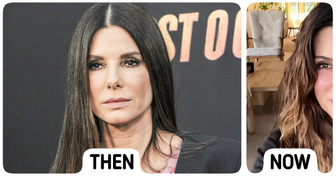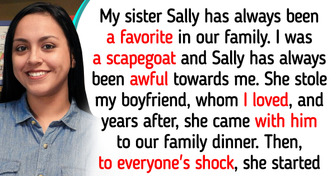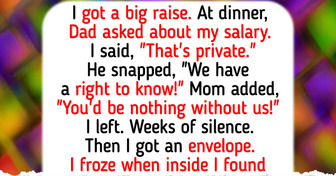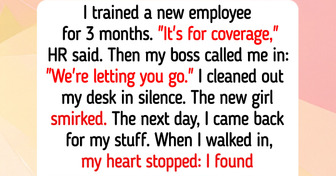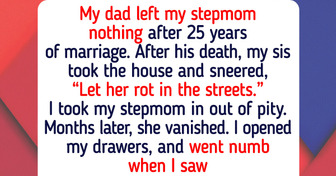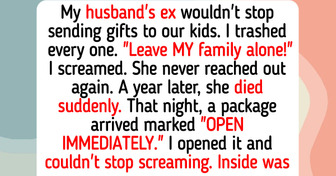Pierce Brosnan’s Wife Stuns People With Her Transformation During Her Latest Appearance

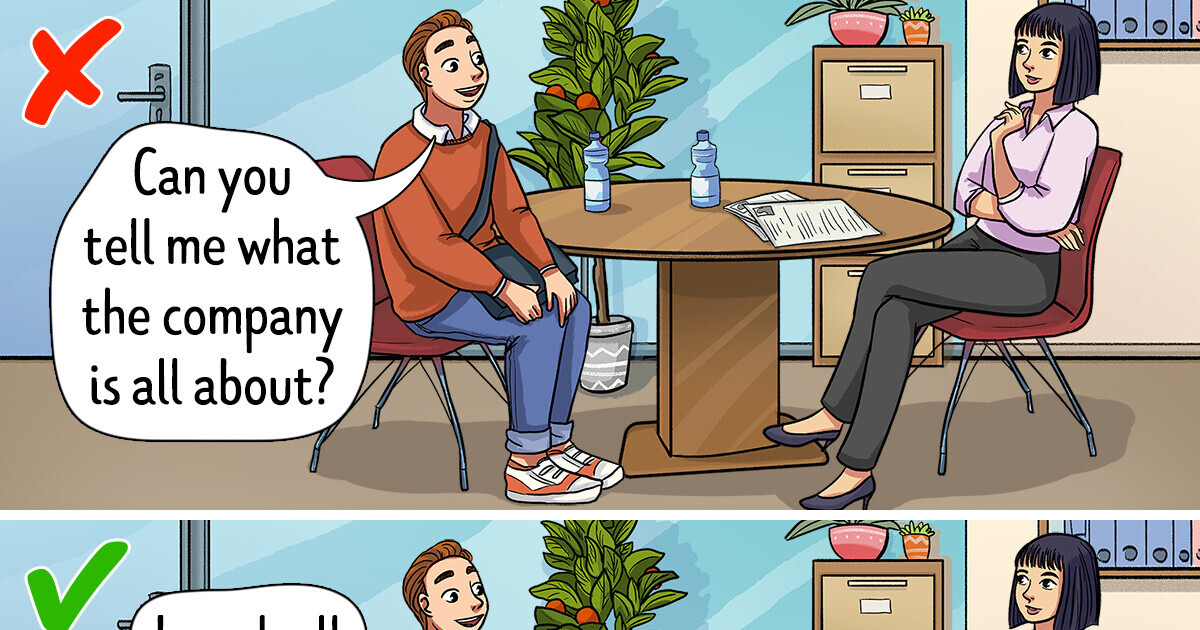
The average duration of the job hiring process is 23.8 days, and around 118 people apply for the same role. However, only one will prevail and get the position. What do you need to do, though, and win over your recruiter? Keep reading to discover the secret combination to your recruiter’s heart.
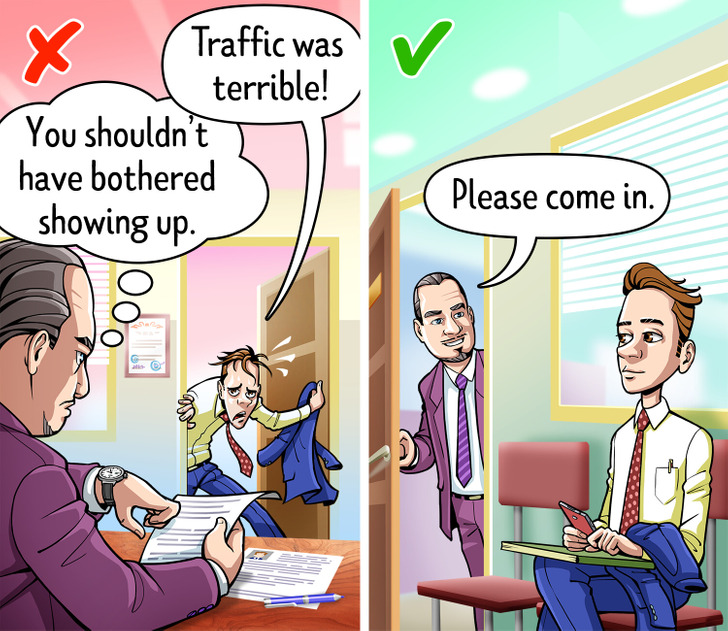
Getting on time is the first step to ace your interview. Get to know exactly where the location is and find reliable transportation to get there. Even if Google Maps says it is 15 minutes away, prepare yourself for potential traffic. It’s best to arrive earlier and wait for a while until the recruiter is ready. On the other hand, you will make a really bad impression if you are even a couple minutes late, and they have to wait for you.
If someone else gave you a ride, enter the waiting room alone. It’s nice to have someone for support, but recruiters must see you as a confident, self-sufficient person.
The STAR method refers to Situation, Task, Action, and Result. It’s a situational awareness test that allows the recruiter to test your capabilities to solve a particular problem. Basically, you are presented with a problem (situation) and its complexities. Then, you are asked to identify your role in solving this issue (task).
Next, you must showcase the strategy and individual tactics (action) you will follow to overcome the challenges. At last, you need to explain the results of your actions with numbers if possible. Instead of giving you a random example, the recruiter may ask you to present such an example from your past job.
Interviewers are always open for questions, and some even expect you to have your own list of queries. Here are a few questions you can ask to get a better sense of the company and its culture:
Before your job interview, you have probably already submitted your resume, cover letters, and references. However, it’s best to carry a few copies with you in case your interviewer doesn’t have your documents with them. Or maybe you are being interviewed by multiple people, and not all of them have viewed your work history.
Additionally, keep a notepad with you to add notes regarding key points. This sends a great message to recruiters, as it shows them how organized you are and how much you care about the job.
Most businesses have a specific dress code for employees. Try to learn what that is, or if it’s not public knowledge, make assumptions based on the company and its industry. For example, HR firms may require formal attire, while retail stores may feel okay with a pair of jeans and a shirt. Business casual is always the way to go if you are not 100% sure of what to wear in a job interview.
Make sure to iron your clothes so you are not full of wrinkles. First impressions count very much, and even a messy piece of clothing can send the wrong message.
Small talk builds chemistry and releases you and your recruiter from stress. It’s a way to bond before you even start talking about business. Try to think of a few relevant topics that may come up. It can be something about the community, the neighborhood, or even family.
For example, your interviewer may have a picture of their children on the wall. You can make a comment about them and how cute they look or make a reference about your family and kids, if you have any.

Don’t wait until you are sitting across the recruiter to ask questions about the company. Do thorough research to understand the industry, products, and needs of the business you’re applying to. Go on its website and social media to read more about their business model and goals. You may also Google them to read any new coverage they might have received.
Additionally, you should have a crystal clear understanding of the job’s responsibilities so you know what you will need to do daily. This way, you can showcase your resume’s value and your capabilities. Also, you will be able to answer questions properly.
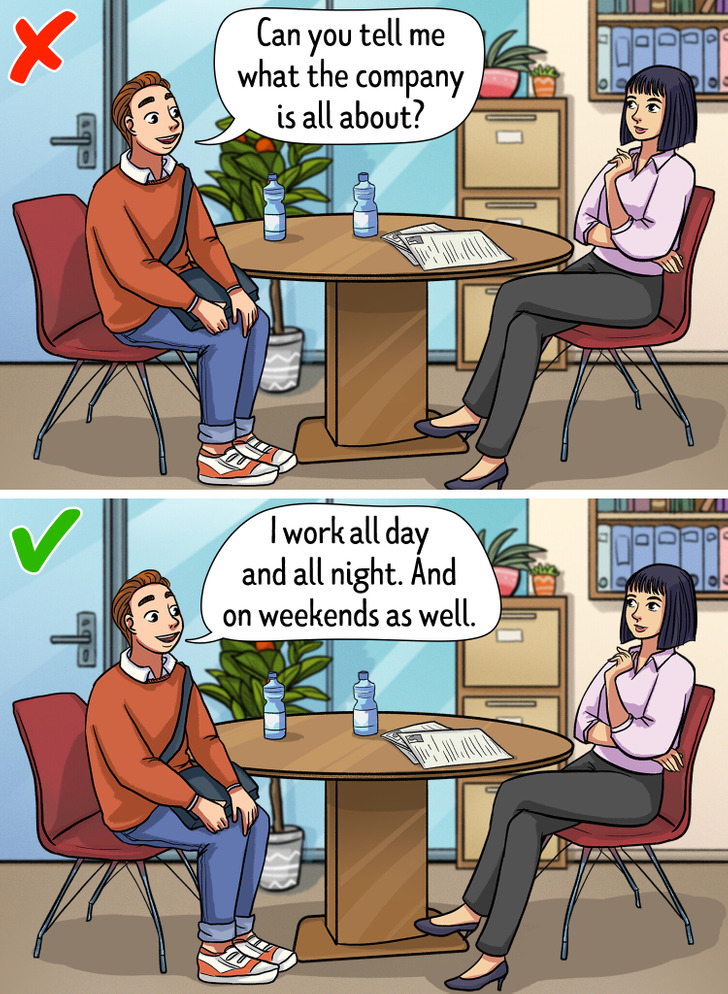
Recruiters often ask people about their skills, talents, and capabilities. You shouldn’t be shy about expressing your qualifications and past achievements. Simply express why you are a perfect fit for the job and how your experience aligns with the job’s requirements. Now, we don’t say that you should start bragging about your talents.
No one likes a show-off, and recruiters can understand when someone is genuine, pointing out their skills. You may also ask your friends and family about your best attributes. Interviewers want to know you both as a professional and a human.
Recruiters are usually very hard to read and while you may impress them, they won’t show you any signs of that. These job interview stories may give you a better idea of how interviewers think and act.

